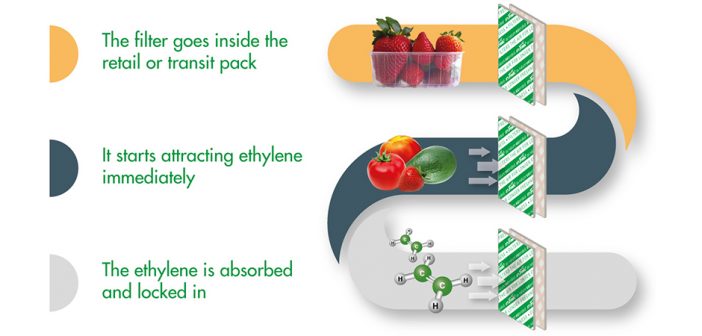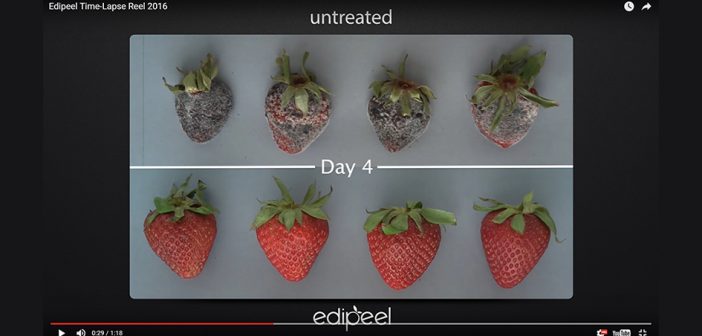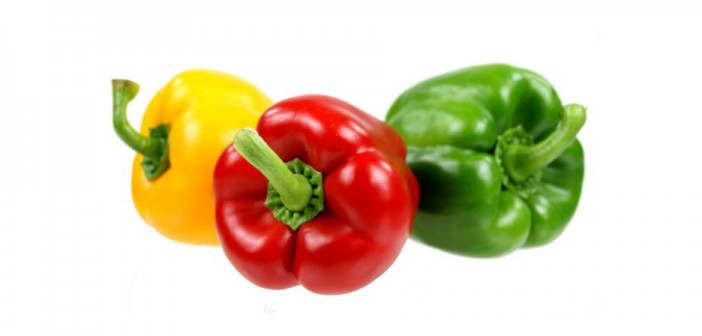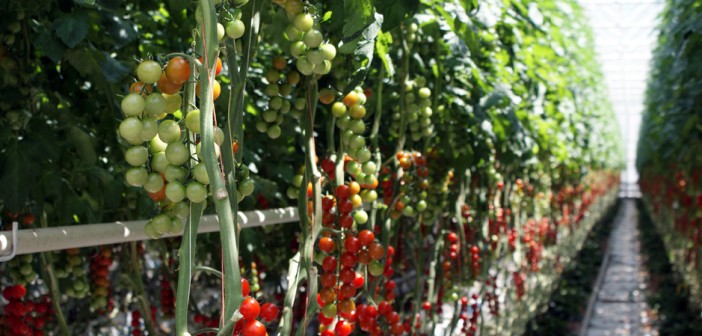Berry and stone fruit marketing organisation Berry Gardens has signed an arrangement with technology company Anacail to exclusively use their ozone technology for berries, cherries and plums in the UK.
Berry Gardens CEO, Jacqui Green, said, “This technology is game changing in our industry, using ozone, a proven sterilant, to reduce the presence of yeasts and moulds. This means extended shelf life, reduced waste and a better product for our consumer. We are thrilled to be working with Anacail and our businesses are closely aligned in our ambition to ensure the best berries, cherries and plums are available to our consumers across the breadth of the retail sector.”
Anacail, which is a venture capital backed SME spin-out from the Astrophysics Department at Glasgow University, specialises in creating and handling ozone in revolutionary, safe and flexible ways. Its key technology allows the generation of ozone (an activated form of oxygen), inside sealed packages, without damaging or opening the package.
Anacail’s CEO, Ian Muirhead commented, “We are delighted to sign this collaboration with Berry Gardens, a major player and leading innovator in their sector. It is a major milestone for Anacail in bringing our innovative technology to market.”
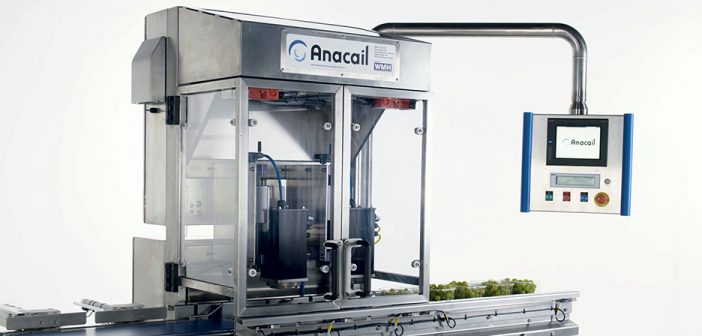
Photo Caption: Anacail’s F-LC2-250 in-pack ozone machine.
Photo Credit: Anacail Ltd
The post Berry Gardens to use shelf life technology appeared first on Hort News.
